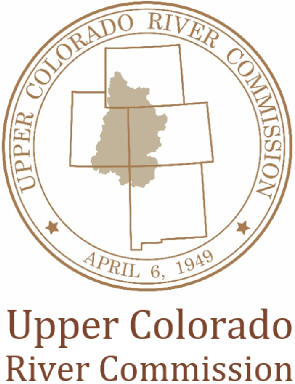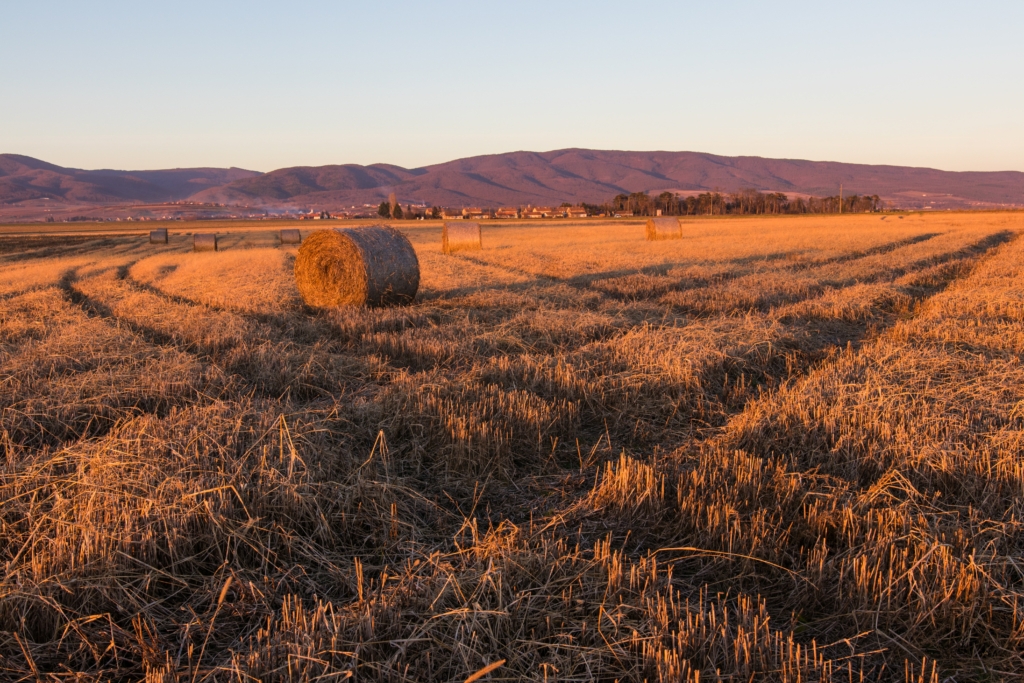SYSTEM CONSERVATION PILOT PROGRAM in 2024
Temporary, voluntary, and compensated measures…
From 2015-2018 the Upper Division States of Colorado, New Mexico, Utah, and Wyoming, through the Upper Colorado River Commission (UCRC), conducted the first Upper Basin System Conservation Pilot Program (SCPP) – a 4-year pilot program designed to explore potential solutions and to address declining water levels in Lake Mead and Lake Powell due to long-term drought in the Upper Colorado River Basin. The program tested and implemented on-the-ground water conservation opportunities that were helpful in managing drought conditions in the Colorado River Basin.
More 2015-2018 SCPP Information and Reports
Two follow-up webinars to the first one held on October 27th, 2023 have been scheduled. Links to join the webinars will be added to this page before the webinars are held. The dates are as follows:
2024 SCPP Webinar 2 – November 9, 2023, 1:00 pm – 2:00 pm (MST)
2024 SCPP Webinar 3 – December 7, 2023, 11:00 am – 12:00 pm (MST)
The Upper Division States of Colorado, New Mexico, Utah, and Wyoming, through the Upper Colorado River Commission (UCRC), cordially invite you to join an informational webinar to kickoff the System Conservation Pilot Program (SCPP) for 2024. Application materials for the 2024 SCPP are now available (link above), coincident with the webinar. Please check back often to see frequently updated 2024 SCPP information.
WEBINAR POWERPOINT
________________________________________________________________
__________________________________________________________________
BACKGROUND on SCPP 2024
At a Special Meeting of the Upper Colorado River Commission (UCRC) on September 21st, 2023, the Upper Division States of Colorado, New Mexico, Utah, and Wyoming, acting through the UCRC, agreed to move forward with a narrowed System Conservation Pilot Program (SCPP) in 2024. The SCPP is operated in partnership with the U.S. Bureau of Reclamation (Reclamation) to mitigate the impacts of drought in the Upper Colorado River Basin through funding provided by the Inflation Reduction Act. The Commissioners outlined the need for a program in 2024 that focuses on:
- Projects that can help inform remaining questions regarding the feasibility of potential future Demand Management Storage Agreement (DMSA) programs, or
- Projects that support water conservation innovation and local drought resiliency.
The Commissioners requested improvements to the SCPP process for 2024 based on the UCRC staff’s report of “Lessons Learned” from the 2023 process, as well as input from interviews with SCPP 2023 program participants. The Lessons Learned summary, including recommended improvements along with input from program participants, can be found at the top of this page.
As noted above, the UCRC intends to begin the 2024 SCPP application process on October 27th, 2023. The UCRC will host an informational public webinar on that day to introduce the SCPP and the 2024 application and review process. The 2024 SCPP application materials will be posted here, concurrent with the webinar. The kickoff webinar will include participation by UCRC staff, Bureau of Reclamation staff, Upper Division State staff, and the UCRC consultant supporting the 2024 effort. Details regarding the application process, 2024 SCPP process and timeline, schedule for follow-up meetings, and the submittal and review process will be provided during that presentation.
Some important concepts to note about SCPP in 2024:
- SCPP is NOT Demand Management. SCPP for 2024 is a re-authorization and re-initiation of the SCPP of 2015-2018 and 2023. A Demand Management Program is contemplated under the Demand Management Storage Agreement (DMSA) framework, which is part of the Upper Basin Drought Contingency Plans (DCP). Interested parties can learn more about a potential Demand Management process (as outlined in the DMSA) here.
- There is no target volume for conservation for SCPP 2024 participation. It is a voluntary, temporary, and compensated program to put forward additional reductions in 2024; therefore, participation is not known before program initiation.
- Based on “Lessons Learned” from the SCPP in 2023, a new approach will be used for compensation in 2024 based on $/ac-ft by project type/approach and by state.

